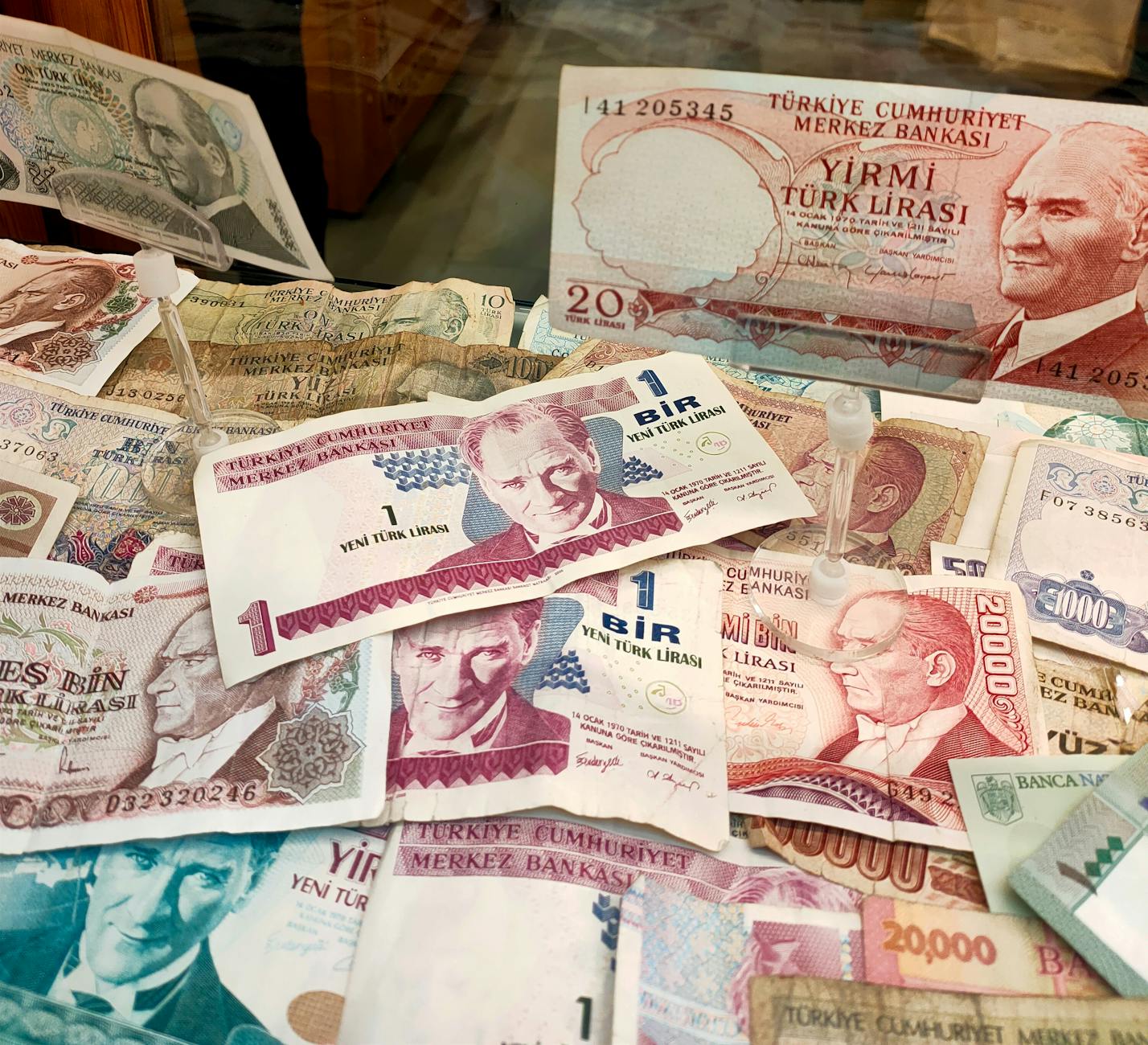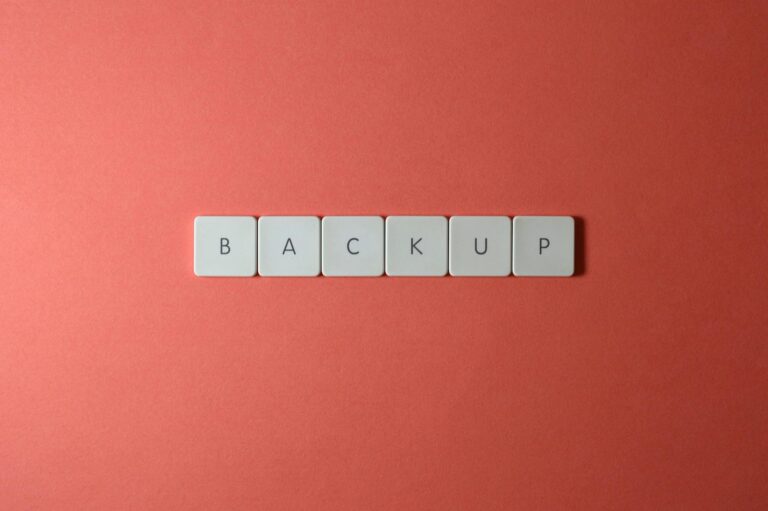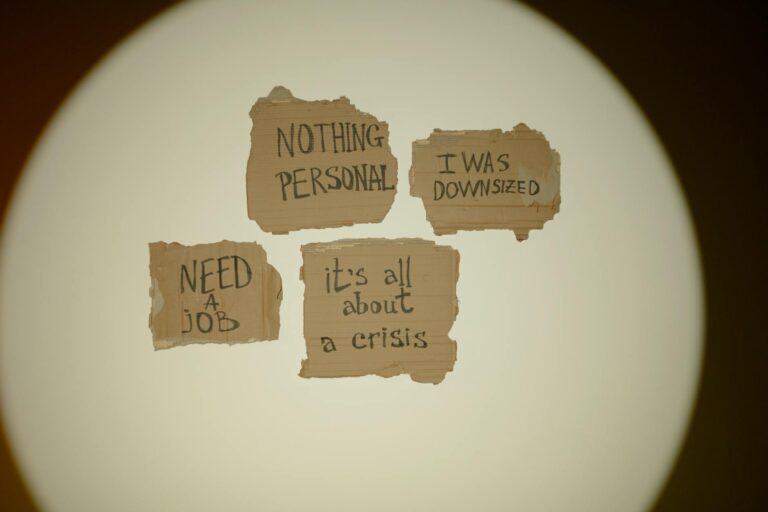16 Billion Passwords Leaked – Yours in There? Here’s What to Do
Okay, this is bad. Like, really bad. Somewhere out there on the dark web, there’s a pile of 16 billion passwords just floating around. And let’s be honest—you’ve probably reused a password or two in your life (who hasn’t?). If that’s the case, your accounts might be sitting ducks right now. So let’s figure out if you’re in trouble and what to do before some hacker turns your online life into their personal playground.
Wait, What Actually Happened?
This Isn’t Your Average Data Leak
We’re not talking about some small-time breach here. This is the motherlode—passwords, emails, even some personal details from big names like Apple, Google, and Facebook. Cybercriminals must be having a field day with this one.
How’d This Even Happen?
Honestly? Nobody’s 100% sure yet. But here’s the thing—it’s probably a mix of credential stuffing (where hackers try stolen logins everywhere) and some weak spots in third-party services. The scary part? This data’s been circulating for who knows how long before anyone noticed.
How to Check If You’re Screwed
Use These Tools—Not Some Random Website
Don’t just type “am I hacked” into Google and click the first link. Try these instead:
- Have I Been Pwned (the original and still the best)
- Google Password Manager (it’s right there in Chrome)
- Firefox Monitor (Mozilla’s version)
Step-by-Step Check
- Throw your email or username into one of those tools.
- If it lights up like a Christmas tree—bad news.
- Maybe double-check with another service, just to be sure.
Red Flags Your Account’s Been Hijacked
- Login attempts from places you’ve never been.
- Password reset emails you didn’t ask for.
- Your friends getting weird messages from “you”.
Okay, My Password’s Out There—Now What?
Do This Right Now
- Change that password—like, yesterday.
- Turn on 2FA (because passwords alone aren’t cutting it anymore).
- Kick everyone out by logging out of all sessions.
Long Game Security
- Get a password manager—1Password or Bitwarden are solid.
- Stop reusing passwords. I know it’s tempting, but just don’t.
- Watch your accounts like they’re your last slice of pizza.
How Not to Get Burned Next Time
Better Password Habits
- Try passphrases—think “PurpleMonkeyDishwasher42”.
- Change passwords every 6-12 months.
- Avoid obvious stuff—your birthday isn’t a password.
Extra Protection
- Use 2FA everywhere—even SMS is better than nothing.
- Don’t fall for phishing—Netflix isn’t “locking your account”.
- Freeze your credit if really sensitive info got out.
Quick Answers to Burning Questions
Q: How’d this breach happen?
A: Probably credential stuffing plus some security holes—imagine hackers playing Russian roulette with your login info.
Q: Which companies got hit?
A: Big names plus tons of smaller sites. Basically, if you have an online account, assume you might be affected.
Q: What if my password’s in the leak?
A: Change it now, turn on 2FA, and check for reused passwords elsewhere.
Q: How often should I change passwords?
A: Every 6-12 months—or immediately after a breach like this.
Wrapping Up
If you’ve ever used “password123” or recycled logins (come on, we’ve all done it), now’s the time to get serious. Check your accounts, lock them down tight, and start treating passwords like underwear—change them regularly and don’t share them. Stay safe out there, and maybe lay low online for a bit.
P.S. Send this to that one friend who still uses “qwerty” as their password. They’ll hate you now but thank you later.
Source: ZDNet – Security












